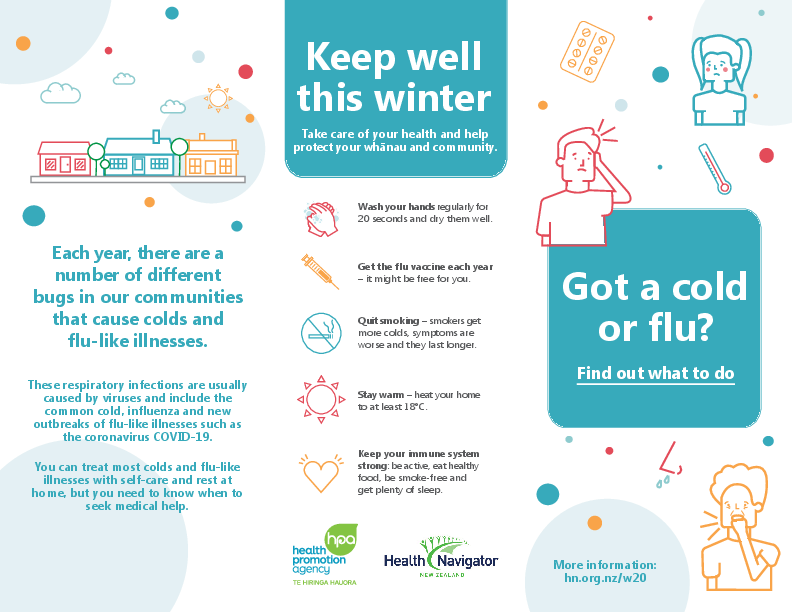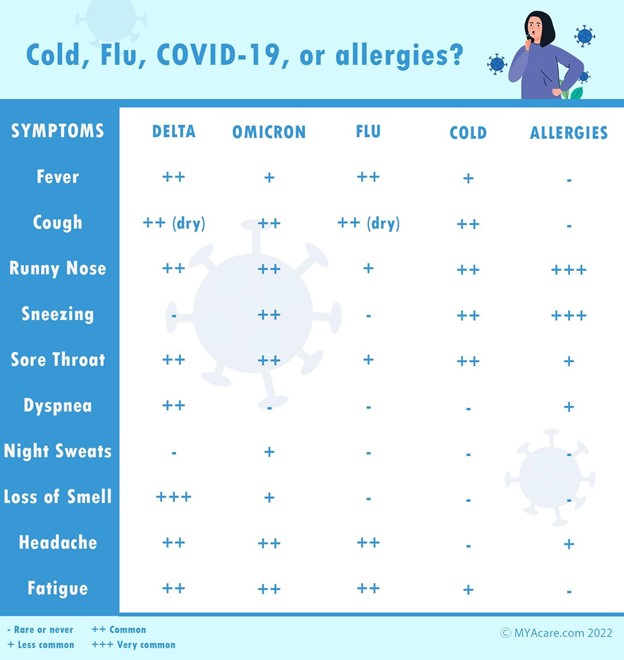Unraveling the Cough Mystery: Discover the telltale signs that differentiate COVID, flu, and other unidentified culprits.
 Image courtesy of Pixabay via Pexels
Image courtesy of Pixabay via Pexels
Table of Contents
Hey there, fellow readers! It’s no news that coughing is a common symptom that often accompanies various respiratory illnesses. But in the present scenario where COVID-19 is spreading globally, being able to differentiate between COVID-19, flu, cold, RSV, and allergies has become more crucial than ever. So, let’s dive deep and decipher the distinctive characteristics and differences among these conditions when it comes to coughing.
COVID-19: The Unpredictable Pandemic
Without a doubt, COVID-19 has taken the world by storm. This novel coronavirus, originating from the city of Wuhan, China, has quickly turned into a global pandemic. When it comes to coughing, COVID-19 often manifests as a persistent, dry cough. This type of cough can linger for an extended period and be accompanied by other typical symptoms such as fever, shortness of breath, fatigue, and loss of taste or smell. However, do keep in mind that each individual may experience a different combination of symptoms.
 Image courtesy of healthed.govt.nz via Google Images
Image courtesy of healthed.govt.nz via Google Images
If you find yourself experiencing a persistent dry cough, especially if you have been in contact with someone who has tested positive for COVID-19, it is crucial to get tested and isolate yourself to prevent further spread.
Influenza (Flu): A Seasonal Menace
Now, let’s talk about the flu – that notorious seasonal visitor that affects millions every year. The flu, caused by various strains of influenza viruses, is well-known for its respiratory symptoms, including coughing. Unlike COVID-19, the flu can present with different types of coughs, namely a dry cough or a mucus-producing cough.
In addition to coughing, the flu often comes with other classic symptoms, such as a high fever, body aches, fatigue, and a sore throat. To protect yourself from the flu, it is highly recommended to get an annual flu vaccine.
Influenza (Flu): A Seasonal Menace
Now, let’s move on to the common cold, that pesky seasonal intruder that typically affects us multiple times throughout the year. While the common cold may not be as severe as COVID-19 or the flu, it can still cause significant discomfort. One of the key symptoms of a cold is, you guessed it, a cough.
Unlike the flu, a cold-related cough is usually more productive, meaning it produces mucus. Alongside coughing, you may experience a runny or stuffy nose, sneezing, a mild sore throat, and occasionally, a low-grade fever. Implementing preventive measures, such as frequent handwashing and avoiding close contact with individuals who are already sick, can help limit the spread of cold viruses.
RSV (Respiratory Syncytial Virus): Affects the Youngest
Next on our list is RSV or Respiratory Syncytial Virus, an infection that predominantly affects infants and young children. RSV-induced coughing typically starts off as a common cold but gradually worsens over time. Infants with RSV often exhibit rapid and labored breathing, wheezing, and coughing that produces thick mucus.
If you have young children, especially infants, it is important to be mindful of preventing the transmission of RSV. Making sure you, and anyone in close contact with your child, practice good hand hygiene and avoid unnecessary contact with individuals who are sick can significantly reduce the risk of RSV infection.
Common Cold: A Persistent Nuisance
Lastly, let’s address the unpredictable culprit behind many nagging coughs – allergies. Allergies are widespread and can be triggered by various factors, such as pollen, dust mites, pet dander, or certain foods. Coughing caused by allergies often differs from coughs associated with respiratory illnesses like COVID-19, flu, and colds.
 Image courtesy of myacare.com via Google Images
Image courtesy of myacare.com via Google Images
Allergy-related coughing tends to be intermittent and can be accompanied by other symptoms such as sneezing, itchy eyes, and a runny nose. Depending on the source of the allergy, you may experience different types of coughs, be it a dry cough or a cough that produces mucus. Understanding your specific allergy triggers and implementing appropriate management strategies, such as avoiding triggers or taking antihistamines, can help alleviate allergy-related coughing.
RSV (Respiratory Syncytial Virus): Affects the Youngest
undefined
Decode Coughing: COVID, Flu, or More? Stay Informed and Subscribe Now!
Subscribe to our newsletter and never miss essential updates on coughing symptoms and causes.
Allergies: The Unpredictable Culprit
There you have it, folks! By cracking the code of coughing, we now have a better understanding of the distinctive features of coughs associated with COVID-19, flu, colds, RSV, and allergies. Remember, though, that proper diagnosis and advice from healthcare professionals are crucial when faced with a persistent cough or concerning symptoms.
Stay safe, prioritize your health, and if necessary, seek professional medical guidance. Together, we can conquer coughing, one breath at a time.
Conclusion
Cracking the code of coughing provides insights into the unique features of coughs linked to COVID-19, flu, common colds, RSV, and allergies. While this guide offers valuable information, seeking professional medical guidance for a persistent cough or concerning symptoms is crucial. Prioritize your health, stay safe, and conquer coughing with informed decisions and care.

